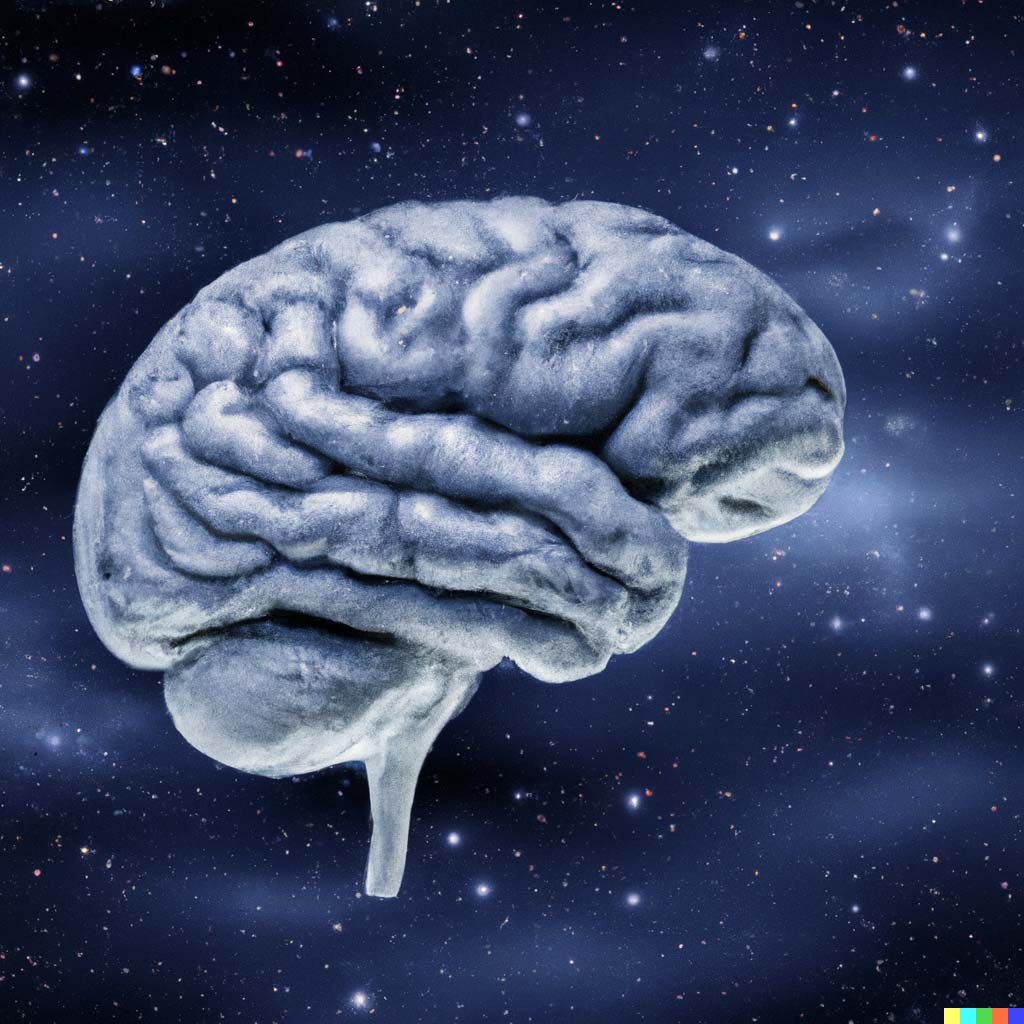
Research has revealed that there is a great deal of variation among individuals in their ages of peak performance, some achieving eminence before age 30 and others decades later. Furthermore, certain cognitive abilities continue to increase throughout life, while others decline. Reporting on their recent findings, the researchers at MIT’s Department of Brain and Cognitive Sciences observe:[Hartshorne, Joshua, K. and Laura T. Germine. 2015. “When Does Cognitive Functioning Peak?” Psychological Science. Volume: 26 issue: 4, page(s): 440.]
Not only is there no age at which humans are performing at peak on all cognitive tasks, there may not be an age at which humans perform at peak on most cognitive tasks.
In summary, throughout adulthood, various cognitive abilities increase and decline at different rates. For example, after you reach your mid-to-late 20’s, your fluid intelligence, as measured by IQ tests like the Raven’s Progressive Matrices, decreases. As a person ages, their performance on the IQ test relative to others of the same age does not change significantly, because IQ scores are adjusted to account for your age. That is, IQ tests compare you only with people your age and not with the population at large. So, if you took the same IQ test at age 50 that you took at age 20, you would likely score fewer correct answers at age 50.
A direct assessment of the trajectory of human intelligence throughout a lifetime came in 1936, when John Raven developed his Raven’s Progressive Matrices tests of intelligence. To norm these tests, i.e., establish baseline data on what scores adults could be expected to achieve as they age, he conducted widespread testing in the United Kingdom, Ireland, and Canada between 1939 and 1947. His graph of the Standard Progressive Matrix (SPM) scores for people of different ability levels between ages 20 and 65 is reproduced in the graph below.
We see from this graph that scores on those items that typically measure the fluid element of IQ drop as people age. The decline is quicker in those of lower IQ than in those of higher IQ. Of course experience and acquired knowledge account for a higher crystallized intelligence in older people, thereby reducing the decline in total intelligence. In essence, young people are usually able to learn faster and accumulate new knowledge more quickly than those in middle age and beyond. However, those in late middle age and older are more likely to have more accumulated wisdom.
What we learn from this research is that fluid intelligence decreases with age, but at different rates in different people. Some people at age 90 are significantly more intelligent than the average person of age 50. Therefore, it would be arbitrary to set a maximum age for mandatory retirement or retaining a driver’s licence. Such limits should be based on competency tests rather than age.
The gradual decay in fluid intelligence as we move into our mid 20s is generally attributed to the gradual breakdown in the synapses connecting the neurons in your brain. These synapses are like bridges connecting neurons that form the “highways” of information transmission. As these bridges disappear, the flow of information, i.e., fluid intelligence decays. Most people, as they progress through middle age, observe that they have greater difficulty remembering names or recalling events. They also experience greater difficulty in learning new procedures or understanding new concepts.
Although there is no known way to prevent this decay, recent research shows that the rate of decay can be slowed through exercise and proper nutrition. Brain stimulation through puzzles and intellectual activities are believed to help, but the state of your physical robustness seems to be the factor that is most positively correlated intellectual health. Of course, the genes you inherit also play a significant role in your mental longevity.
